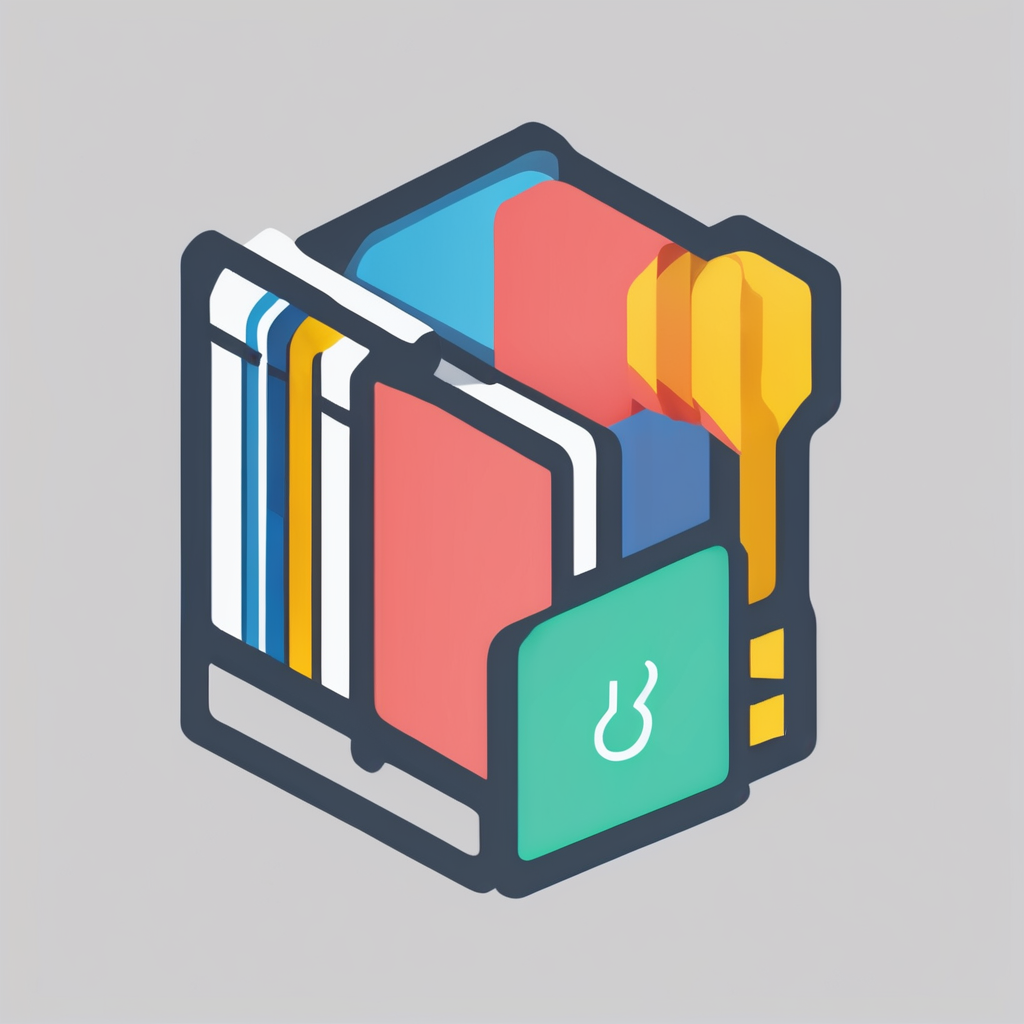Actionable Smartphone Features That Boost Productivity
Smartphones come equipped with a variety of smartphone productivity features designed to enhance efficiency and keep you focused throughout the day. Essential built-in features for organisation and planning include calendar apps, reminders, and note-taking tools. For instance, the integrated calendar allows you to schedule meetings, set deadlines, and receive timely alerts, helping you manage your time effectively and avoid overlapping commitments. Similarly, reminder apps ensure that important tasks don’t slip through the cracks, while note-taking features enable quick capture of ideas or meeting points.
Beyond these, several smartphone tools extend your ability to manage time and tasks. Third-party apps such as task managers and focus timers are particularly noteworthy for their ability to structure your workflow. For example, apps like time-blocking planners and Pomodoro timers help segment your day into productive intervals, dramatically improving concentration and reducing procrastination. Using these apps in conjunction with your phone’s built-in capabilities multiplies your productivity benefits.
Have you seen this : What is the future of smartphone integration in UK smart homes?
Another critical aspect of productivity is managing notifications. Customising notifications to reduce distractions ensures that you only receive alerts that matter. Disabling non-essential notifications or setting priority modes can significantly cut down on interruptions, enabling sustained concentration. For instance, allowing notifications only from key contacts or work-related apps during focus periods leverages your smartphone as a productivity enhancer, rather than a source of constant distraction.
By mastering these smartphone productivity features—built-in organisation tools, targeted third-party apps, and smart notification settings—you can boost productivity in a deliberate and manageable way.
Additional reading : How is the UK addressing smartphone e-waste and recycling?
Smartphone Strategies for Efficient Workflow
Maximising smartphone workflow is essential for both professionals and casual users seeking an efficient workflow. One effective strategy is synchronising work and personal calendars. This integration helps users avoid scheduling conflicts and provides a consolidated view of daily commitments. By using calendar apps that support multiple accounts, users can dynamically view and manage appointments, ensuring they never miss important meetings or deadlines.
Automating repetitive tasks with smartphone apps further enhances productivity. Many apps allow users to create customized automation routines—such as sending emails, setting reminders, or launching apps at specific times—freeing mental resources for more complex work. These task automation features reduce manual input and save valuable time, supporting a smoother, more consistent efficient workflow.
Additionally, utilising productivity widgets and shortcuts on the smartphone’s home screen provides quick access to frequently used functions. Widgets enable instantaneous interaction with apps without navigating through menus, while shortcuts trigger specific actions, such as messaging a frequent contact or starting a timer. Incorporating these tools can streamline daily activities and maintains momentum throughout busy workdays.
Enhancing Communication and Collaboration
Elevating efficiency with smart tools and teamwork
Smartphone communication has revolutionized how teams interact, enabling quick exchanges via messaging and video conferencing. These tools are essential for workplace efficiency, especially in environments where swift decision-making is crucial. Using collaboration apps, team members can seamlessly communicate, bridging gaps regardless of location.
Cloud-based file sharing and document editing further enhance this connectivity. Such platforms allow multiple users to edit and review documents in real time, ensuring that everyone accesses the most current information. This capability dramatically reduces delays caused by version conflicts and email chains.
Integrating task tracking with communication platforms streamlines project management. By linking tasks directly to chats and notifications, team members can monitor progress without switching between multiple apps. This integration supports remote teamwork by providing transparency and accountability, enabling teams to collaborate effectively despite physical distances.
Improving Personal Organisation and Time Management
Enhancing personal organisation is crucial for managing daily tasks effectively. Utilizing time management apps can transform chaotic schedules into structured routines. These apps offer features like digital reminders, to-do lists, and calendar integration, ensuring important deadlines and appointments are never missed.
Daily planning becomes simpler and more actionable when you incorporate versatile scheduling tools. These enable you to allocate time slots for work, leisure, and self-care, which supports productivity without burnout. Incorporating habit trackers and wellness apps encourages a balanced routine by monitoring sleep, exercise, and mindfulness practices. They gently enforce consistency, aiding long-term personal growth.
Limiting smartphone usage is a practical strategy to maintain focus. By setting app timers or restrictions within time management apps, distractions can be minimized, allowing dedicated attention to priorities. This blend of tools boosts accountability and promotes efficient time use, ultimately improving your overall personal organisation.
Balancing Benefits and Drawbacks of Smartphone Use
Understanding the smartphone drawbacks is essential for maintaining a productive lifestyle. Excessive use can lead to productivity loss due to constant notifications and multitasking distractions. Research shows that frequent interruptions reduce focus and increase the time needed to complete tasks, harming overall efficiency.
Recognising signs of digital fatigue and distraction is crucial. These symptoms may include difficulty concentrating, feeling overwhelmed by constant connectivity, and increased stress levels. Identifying these early can prevent negative impacts on mental health and work performance.
To promote healthy smartphone habits, consider implementing clear boundaries. Strategies such as scheduled screen-free periods, disabling non-essential notifications, and prioritising tasks before engaging with your phone help maintain mental clarity and improve productivity balance. These approaches reinforce control over usage rather than allowing the smartphone to dictate your attention span.
